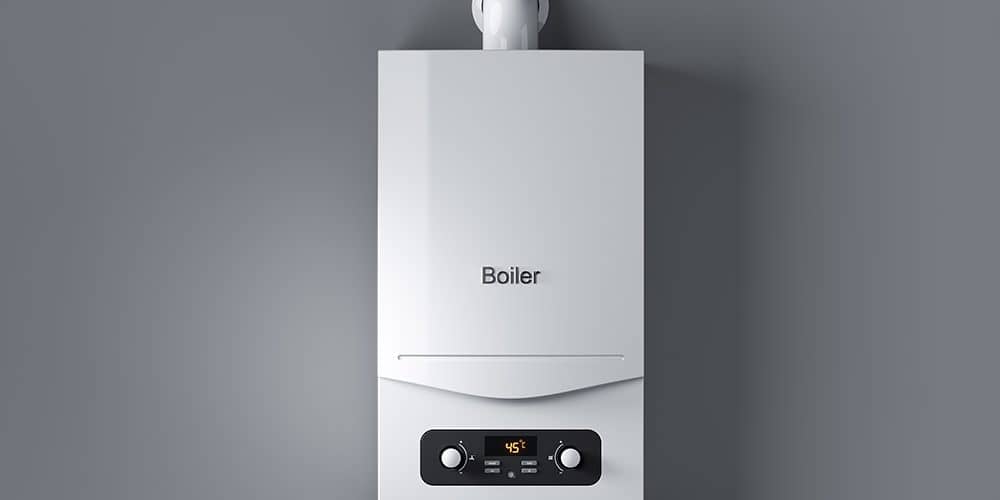A boiler breakdown is no fun at all in winter. Nobody wants to be sleeping in a tracksuit, having cold showers, and escaping to a coffee shop purely for warmth at this time of year, but a broken boiler will mean doing just that. With the average cost of repairs now around the £300 mark, and a new boiler costing around ten times that amount, a little maintenance now can mean fewer problems when the colder weather really starts to bite.
-
Turn your radiator valves to full
It’s worth gearing up your central heating during autumn so it’s ready for the chillier months. Thermostatic radiator valves, found in many homes, can become stuck if left in the ‘off/low’ position for too long. Always ensure that your radiators are turned to maximum, even over summer so they’re ready for switch-on.
-
Stop your pipes from freezing
No hot water, a gurgling noise or an error code displayed could mean the condensate pipe, which carries water from the boiler to the drains outside, has frozen and stopped working normally. To prevent this, wrap your condensate pipe in pipe insulation, available in most DIY stores. If it has already frozen, check out our guide on how to thaw a frozen condensate pipe.
-
Bleed your radiators
We recommend doing this a couple of times a year to remove any trapped air bubbles in your heating system. These air pockets don’t conduct heat as well as water, and this can cause cold spots, on your radiators.
By bleeding radiators, you’ll prevent your heating system from becoming wasteful and avoid constantly turning the thermostat up, lowering your energy bill as a result. All you need to get started is a simple radiator key. Read our step-by-step guide on how to bleed your radiators safely.
-
Perform visual checks
Treat your boiler how you’d treat any new precious investment - check it regularly for any visible signs of damage, such as congested vents, a yellow flame rather than a crisp blue one, sooty marks and leaks. If you think there might be a leak, but you cannot spot any signs of one look at your pressure gauge. Every boiler is different so it is always best to refer to your boiler’s unique specifications but, generally speaking, if it is showing less than one bar, the pressure has dropped too low, which can indicate an out-or-sight leak. Always call a professional if in doubt.
Naturally, if you are not comfortable having a go at any of these preventative measures yourself, a professional heating engineer will be happy to help. Our team at Maintracts are all Gas Safe registered, fully qualified heating engineers that have a wealth of experience with many different boiler brands and property types across London and the surrounding areas. Rest assured; you will be in great hands.
If your boiler has already broken down, our emergency boiler repairs service will be able to help you. We are here to help you.

